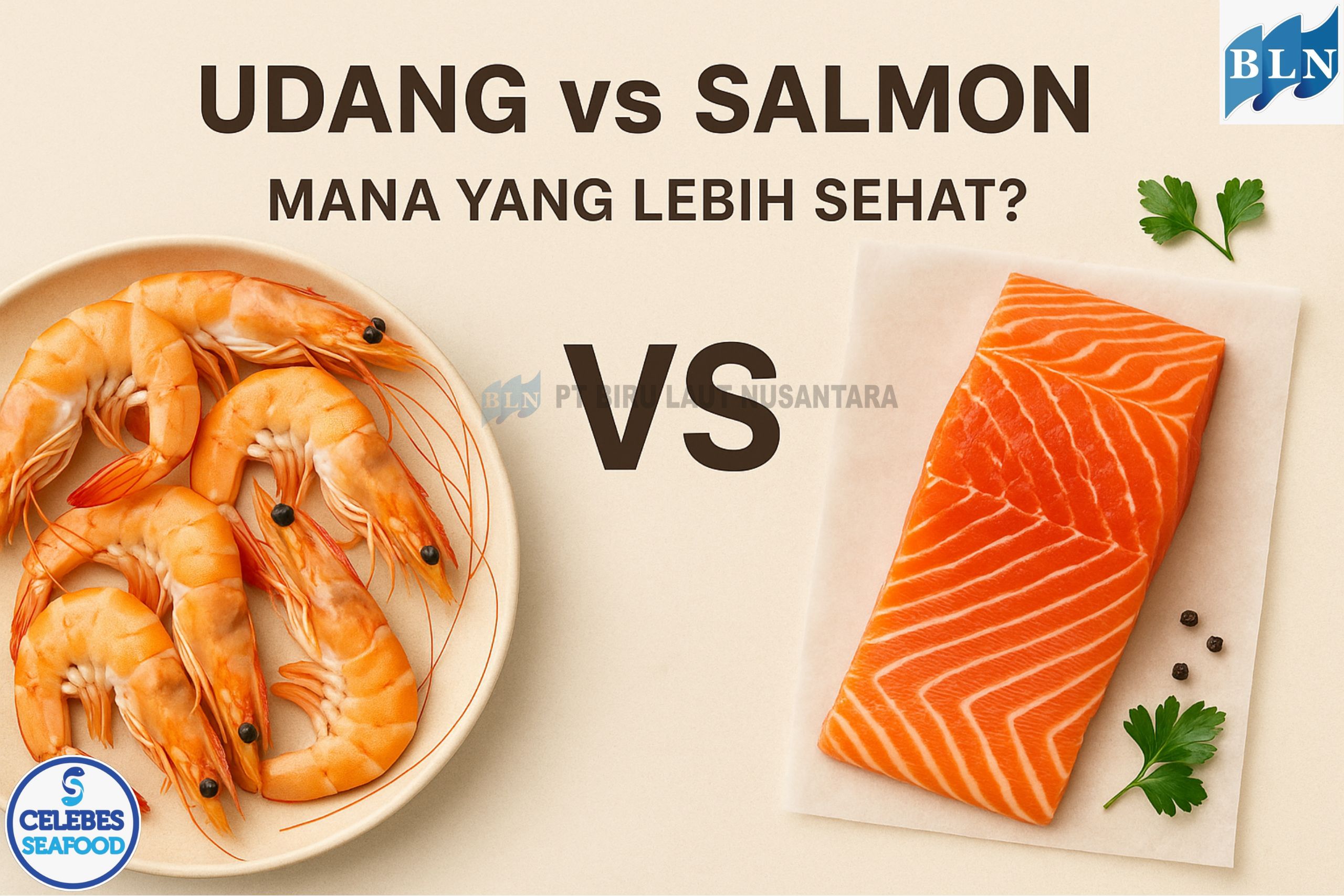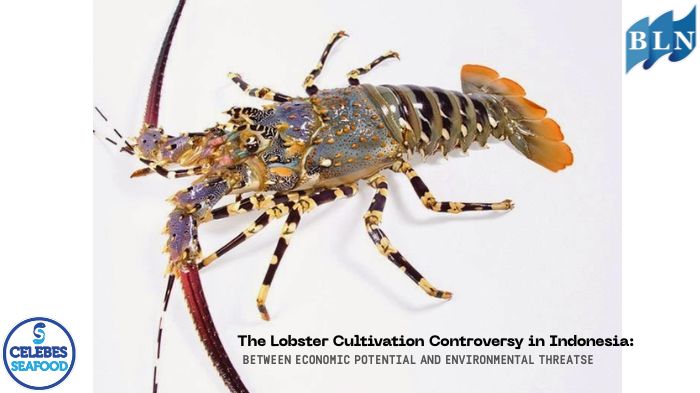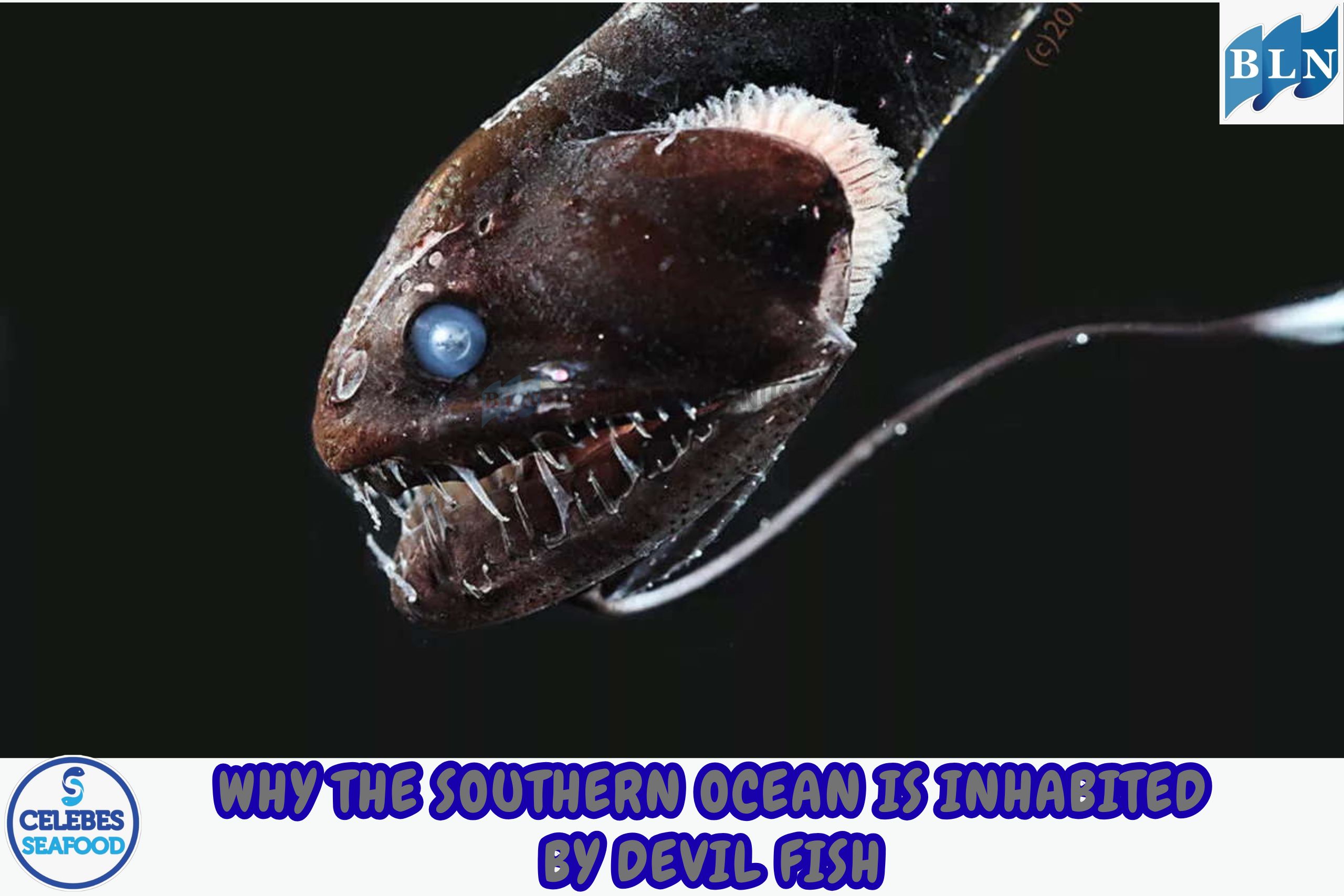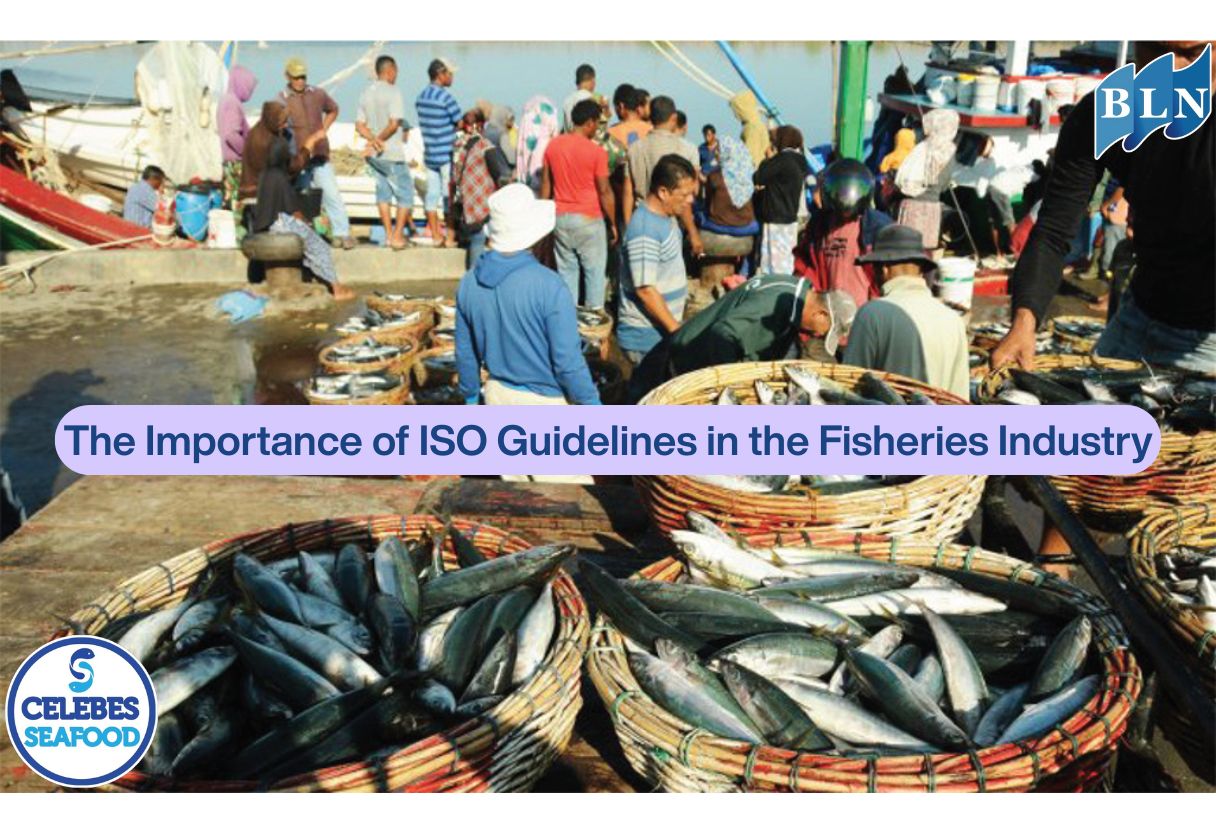Microbial Stability and Nutritional Quality of Indian Mackerel Fish Paste during Storage
By. Azizah - 14 Jun 2025.jpg)
lautnusantara.comThis study aimed to evaluate the microbial stability and changes in nutritional quality of Indian mackerel (Rastrelliger sp.) fish paste during storage at room and cold temperatures. The observed parameters included total microbial count (Total Plate Count), moisture content, protein, fat, and organoleptic values. The results showed that cold storage (4°C) effectively slowed microbial growth and better preserved nutritional quality compared to room temperature storage. The fish paste remained safe for consumption up to day 10 under cold storage and up to day 4 at room temperature. This study highlights the importance of temperature control in maintaining the quality of processed fish products.
Introduction
Fish paste is a form of fish product diversification with high development potential, especially using Indian mackerel (Rastrelliger sp.), which is abundant in Indonesian waters. This product offers added value due to its ease of processing, high protein content, and moderate shelf life. However, the main challenge in developing this product lies in maintaining microbial stability and nutritional quality during storage.
Materials and Methods
Fresh Indian mackerel was used as the main ingredient and processed into paste with the addition of spices and sterile packaging. Samples were stored under two conditions: room temperature (27±2°C) and cold temperature (4±1°C). Analyses were conducted on days 0, 2, 4, 6, 8, and 10.
-
Microbiological analysis: Total Plate Count (TPC) using PCA medium.
-
Nutritional analysis: Moisture, protein (Kjeldahl), fat (Soxhlet), and carbohydrates (by difference).
-
Organoleptic test: Conducted by panelists using a hedonic scale (color, aroma, taste, texture).
Results and Discussion
1. Microbial Stability
The total microbial count increased over time. At room temperature, the microbial safety threshold (>10⁶ CFU/g) was reached by day 4. In contrast, under cold storage, microbial growth was slower and this threshold was only reached by day 10.
2. Nutritional Quality
Protein and fat content declined significantly at room temperature due to microbial activity and oxidation. Cold storage helped maintain more stable protein levels. Moisture content tended to increase due to structural degradation.
3. Organoleptic Quality
Sensory deterioration occurred faster at room temperature. Under cold storage, aroma and taste remained acceptable until day 8.
If you are interested in our Coral Trout Fillet Skin On, CORAL TROUT WGG WHOLE GILLED GUTTED, TOMATO COD WHOLE GILLED GUTTED please do not hesitate to contact us through email and/or whatsapp.








